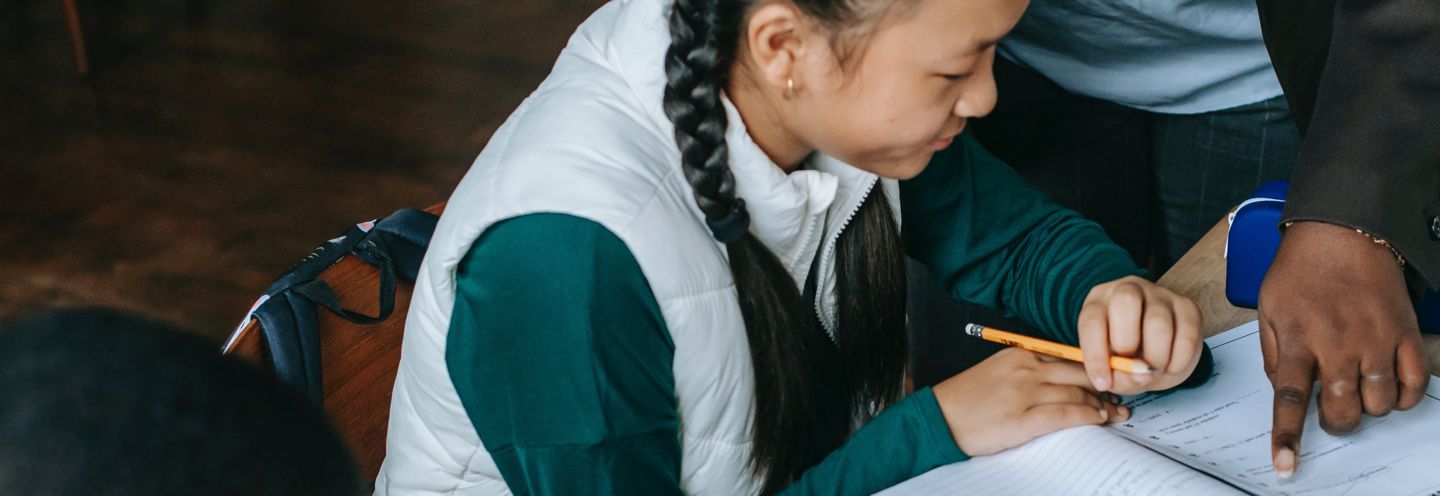Teacher Resources | 233 Results

This lesson lets students take a good look at our society's pressures to conform to standards of beauty - particularly to be thin - and the related prejudice against being "overweight".

These printable activity sheets introduce basic media literacy skills and concepts and are suitable for use in homes, schools and libraries. They can be completed independently, but children will

In this lesson, students start by considering the permanence of online content. They review privacy strategies and privacy risks and analyze how likely and severe different privacy risks are. They

In this lesson, students review what the word “privacy” means in an online context and learn key privacy-related vocabulary. They explore different privacy risks and then learn practical techniques

In this lesson, students learn how their personal information is key to how most of the “free” apps and platforms they use make money. They learn practical strategies and tools for managing their

In this lesson, students draw connections between their existing concepts of privacy and how it applies to the internet and networked devices, then learn essential vocabulary relating to privacy.

In this lesson, students are introduced to the privacy principles that inform the Alberta and BC Personal Information Protection Acts, Québec’s An Act Respecting the Protection of Personal

In this lesson, students learn about ways to manage their privacy and reputation online by exploring their digital presence and to make good choices about sharing other people’s content online.

This lesson explores how young people can use online media for activism on issues that matter to them. Through the discussion and scenarios that are presented, students will develop their knowledge

In this lesson, students start by discussing the phenomenon of “selfies” and serve as experts in advising the teacher on the standards by which the “best” selfies are judged. They then discuss a

